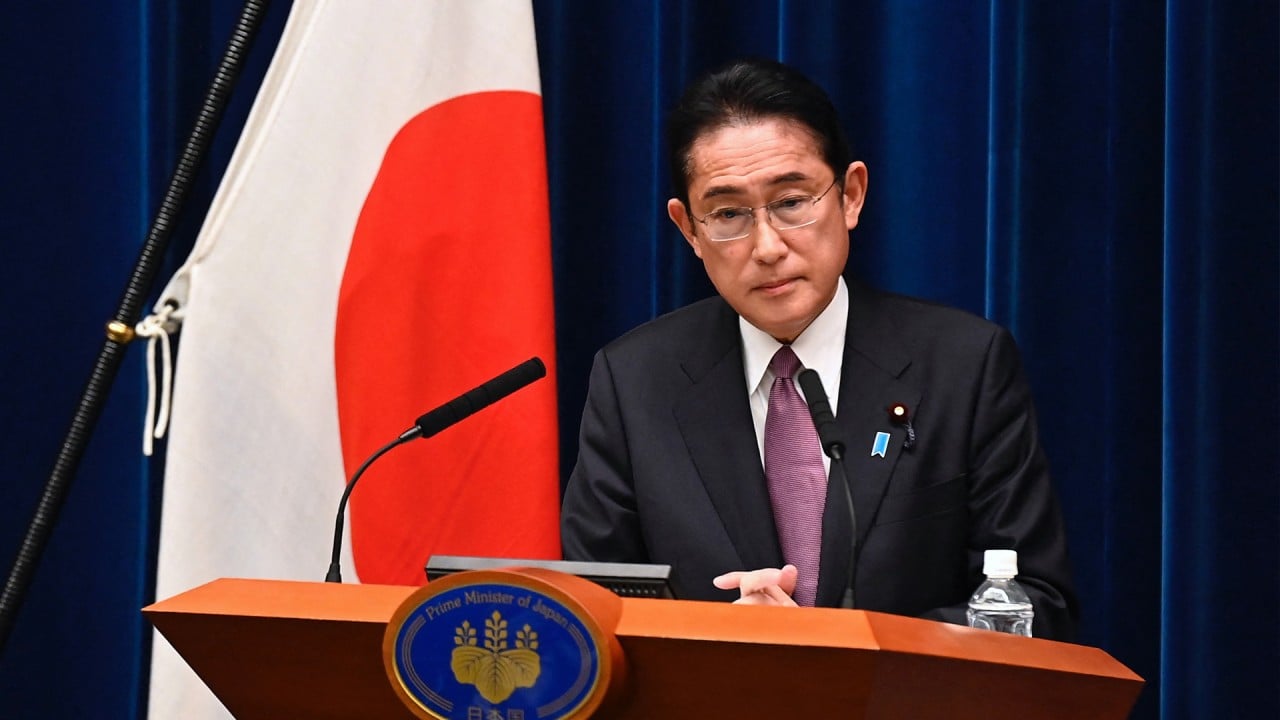
Japan military captain suspected of leaking classified information
- Japan’s Defence Ministry is set to take disciplinary action against male captain and the other Maritime Self-Defence Force personnel involved in alleged leak
- Under Japan’s secrecy law, civil servants who disclose sensitive information designated as state secrets can face 10 years in prison
A Japanese Maritime Self-Defence Force (MSDF) captain is suspected of leaking classified information, government sources said on Saturday, the first time such a breach has come to light since the secrecy law came into effect in 2014.
The leak occurred when a former MSDF admiral asked the captain for information via another member of the MSDF, the sources said, though the contents of the unauthorised disclosure are not known. The SDF’s criminal investigation unit has launched a probe into the alleged leak, they said.
The Defence Ministry is set to take disciplinary action against the male captain and the other MSDF personnel involved as early as Monday, they said, adding that no evidence has been found that the leaked information has been given to another country.
Under the secrecy law, civil servants and others who disclose sensitive information regarding foreign policy, defence, counterterrorism and counter-espionage that are designated as state secrets can face 10 years in prison.
Captain is one of the highest ranks at the MSDF, following admiral, vice admiral and rear admiral. The former admiral served in various key posts at the organisation, they said.
As of the end of June, there were a total of 693 state secrets, of which 392 were designated by the Defence Ministry, according to the Cabinet Secretariat.
The Defence Ministry’s secrets include intelligence and information obtained by radio waves and images, military operation plans, as well as codes used by the SDF and the amount of ammunition they possess.
The creation of the secrecy law was part of former Prime Minister Shinzo Abe’s policy to strengthen the country’s security and to smoothly exchange military intelligence with its ally the United States.
The law was enacted despite concern that the public’s right to know would be undermined in the name of protecting national security.
Under the law, security clearance is required for officials to handle state secrets.


